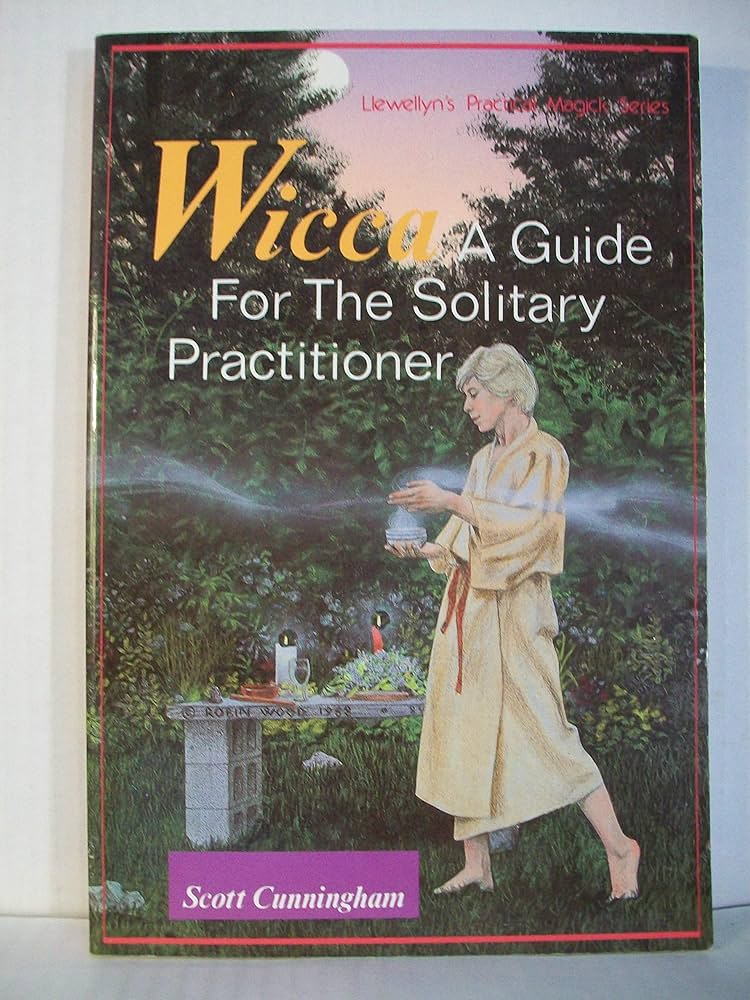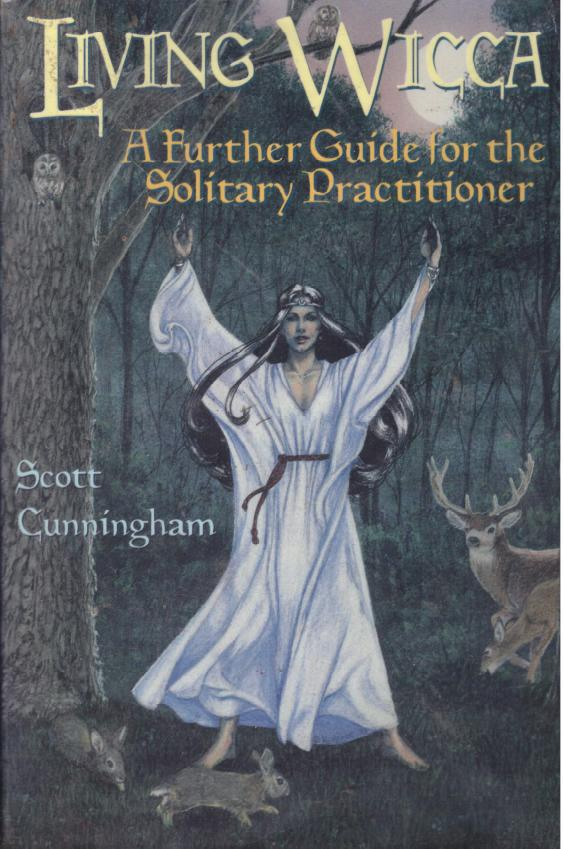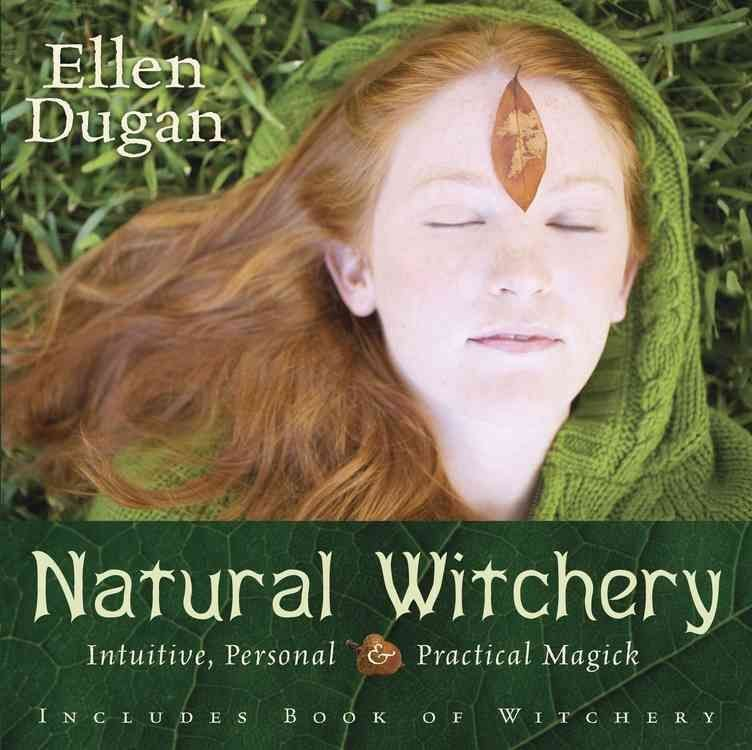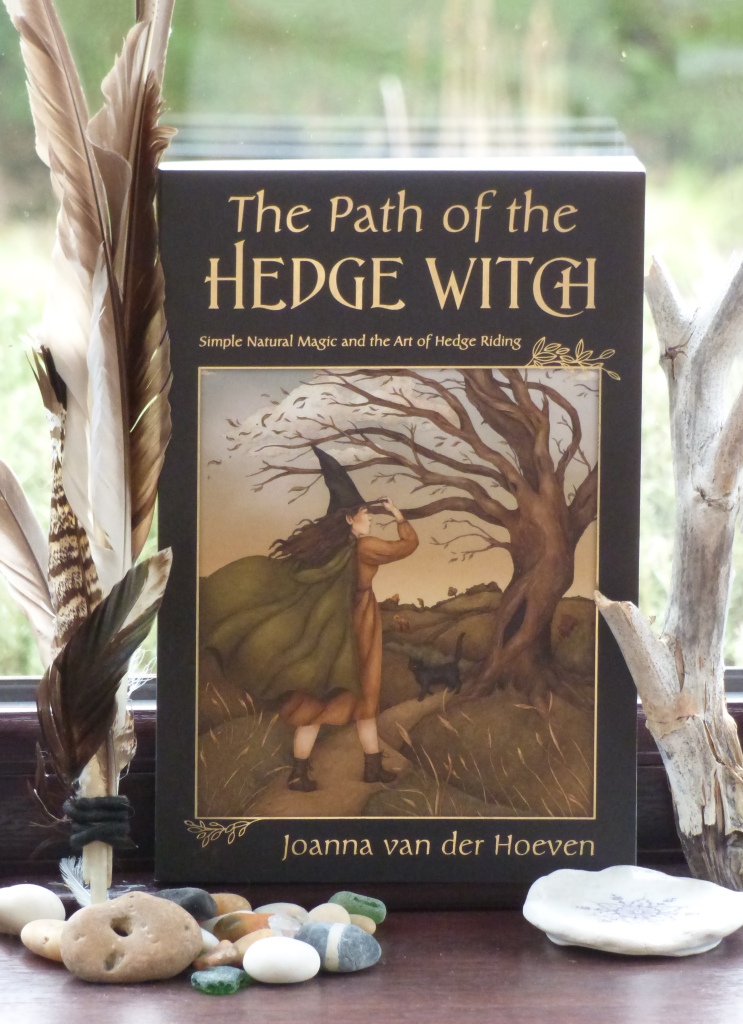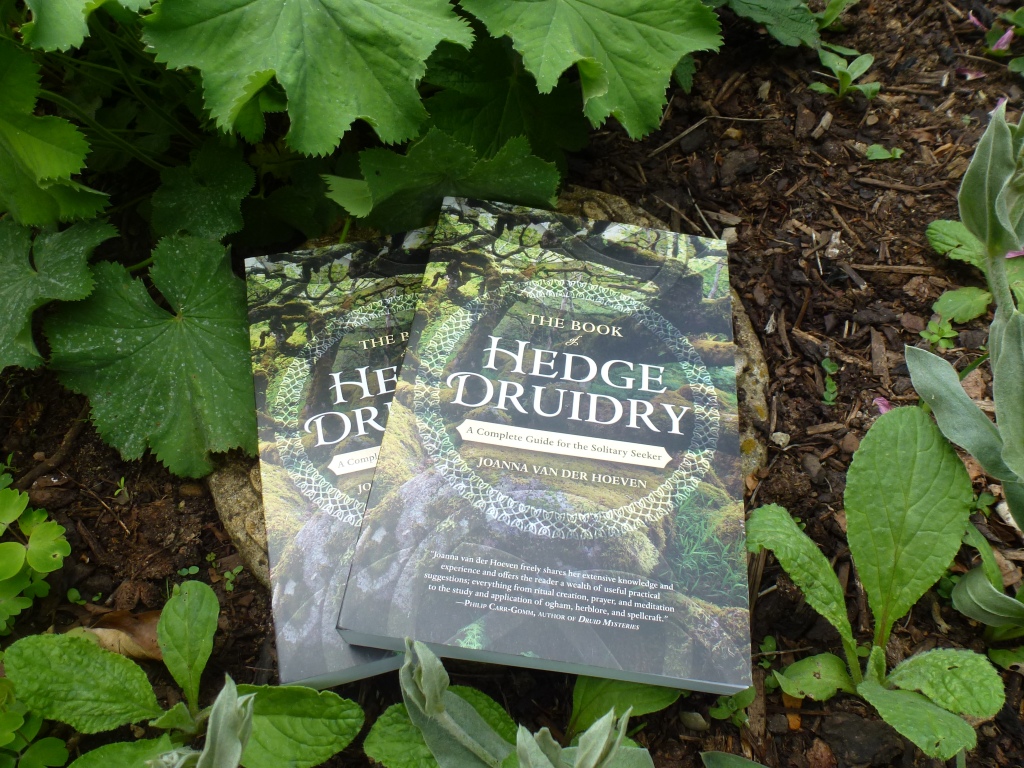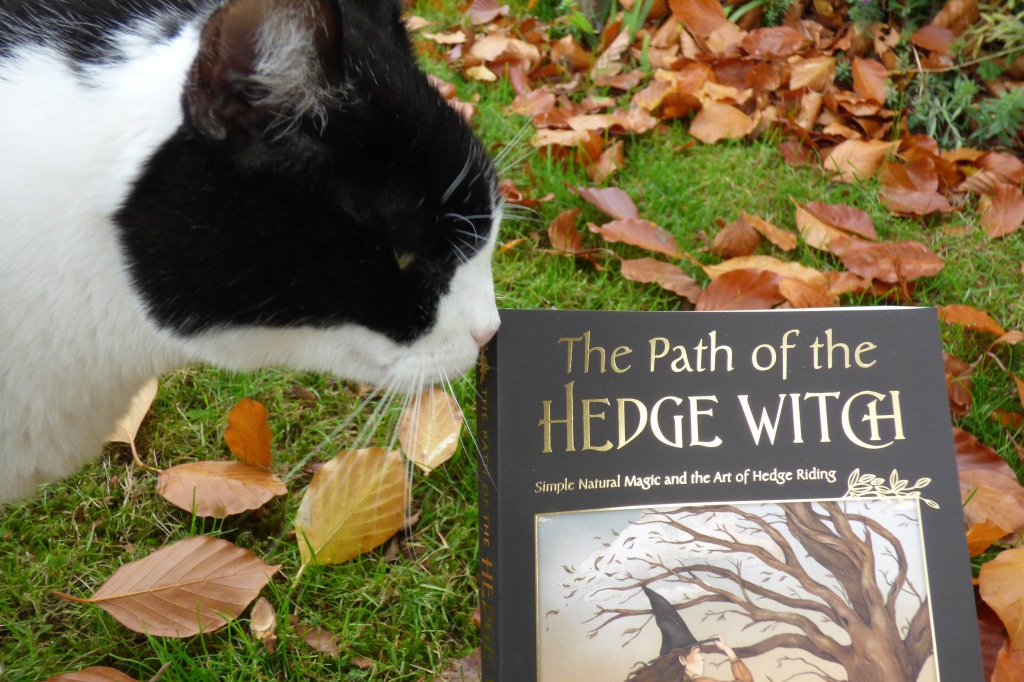Okay, this is perhaps the longest blog post I’ve ever made! Here goes…
I’m noticing a growing trend of Wicca bashing on social media. I don’t have a lot of contact with other Pagans in the flesh out here on the rural coast of the North Sea, so I can’t really say what people are talking about face to face, if at all, about this phenomenon. But what I’m seeing online does make me uneasy.
Many people who are now in their forties and fifties started out on the path of Wicca. Some stayed, some moved to traditions and practices that better suited them. But at that time when Wicca was really starting to boom (late 80’s early 90’s) the majority of Pagan reading material centred around Wicca. And so, for the next twenty years, Wicca had the loudest voice in the Pagan community. With the arrival of the internet, things began to change, as information about other traditions spread more freely. You weren’t limited to what you could find at your local bookstore. More and more books were being published on other Pagan paths, and you could now buy them online without having to leave the comfort of your home. A whole generation of Pagans now had a ton of information literally at their fingertips.
And so the backlash begins.
The history of Wicca becomes widely known. The history of its founders. The misinformation that they had taken as gospel to use in the creation of their traditions. Their blinding mistakes became convoluted into something that was planned, exploitative even. They were liars and willing to create a false history to authenticate their claims. It was all bullshit.
At least, this is what people’s opinions on the internet seem to say.
There are several problems and issues at play here. The first is that people are far more inclined to listen to other people’s opinions on stuff rather than do the research for themselves. Yes, I realise the hypocrisy of this statement while writing this blog. But hear me out, and disagree with me if you feel like it.
Yes, there are problems with the founders of Wicca and what they created. There are issues of cultural appropriation, of discrimination and also of the sheer gullibility of some of these people who were willing to believe everything that they were told.
Is that so different to what is happening with social media today?
Those who are involved in Wicca are now questioning their past, and looking critically at these very issues. Wicca today has changed, has evolved. It’s just not the same as it was 30, 40, 50, and most definitely not 70 years ago. New writers are coming out every year, pointing out the difficulties and the way that they are dealing with and overcoming these issues to make the tradition appropriate for the modern day. And thank goodness for that! Because a religion or spiritual tradition that does not evolve with the times is one that creates dogma that quickly becomes outdated and which doesn’t appeal to modern folk.
We are now in a situation where we are told what to think, mainly through the avenues of social media. We are not told or taught how to think critically. If we do so, we can avoid the muck-splashing that results from (mostly older) authors (or AI bots) still circulating a lot of nonsense about Wicca and concentrate on the brilliant Wiccan authors who are currently addressing these issues today. I know, I know. I just wrote a review that stated that Raven Grimassi’s Wiccan Mysteries should never have been re-published. I stand by my opinion. That book needed to remain in the past, to allow for more modern authors to talk about what Wicca actually is today, correct historical inaccuracies and to discuss their various traditions, whether solitary, Gardnerian, Alexandrian, green, whatever.
This poses another problem. There are newer books out there (or old books that have gone out of print being re-released through different publishers) that only compound the difficulty around the debate. Some of these new books are simply AI written, rehashing the older books and making it appear new and available for all beginners to pick up and start their Wiccan journey. With the re-publication of older books, you have to look very carefully to see if this is a re-print from another title that was released 30 years ago, for example. Just buying a book these days requires a lot of research, to find out if the author is really a human being, or whether the work is old pretending to be new. The information at the beginning of the book (you know, where all that copyright stuff and ISBN details is on the left-hand side of a physical book?) can really help you out here. And then go and check to see if it’s a real author. Do they have a website? Click on the link to check that it’s an actual, working website. I was nearly fooled a couple of days ago. It’s not unknown for people to steal the identities of others to create Facebook pages to make themselves appear as real people. I came across an “author” doing just that a recently. Check on Amazon and look at their paperback books. When you look at the paperback versions, the release date is right there next to the title. Check out several of their books. Did they release six books last month? Chances are, it’s an AI programme writing the books, or a team of people who really have very little to do with the actual spiritual path they are currently writing about.
Then we come to the issue of what is real Witchcraft and what isn’t. I see Wicca as one of many traditions of Witchcraft. Because, well, the word Wicca means Witch. When I see people fighting over what is “real Witchcraft” I just have to sigh and go make a cup of tea. Because all this really is, deep down, is an ego issue. Wicca isn’t the cool kid anymore. Wicca isn’t edgy. It’s not dark, or dangerous, or even modern. It’s fluffy bunny crap, right?
I know plenty of bad-ass Wiccans out there.
Just because someone isn’t creating YouTube videos or Instagram posts with dark filters, skulls surrounded by roses and peeing in witch bottles doesn’t mean that their tradition isn’t real, valid or meaningful. The responses to Wicca as being white-lighter fluffy bunny New Age nonsense comes from those who are most likely feeling threatened because others are practicing differently. It’s easy to put someone else’ practice down to make yours feel better, edgier, whatever. But it serves no purpose whatsoever except to inflate one’s own ego. It has more to do with that person’s own issues of self-worth than it does with anything anyone else is doing in their own spiritual tradition.
There are so many misconceptions about Wicca. That it’s all about harming none. That what you do comes back to you threefold. Yes, there are some Wiccans who believe this, but then there are many, many traditions who don’t. It isn’t writ or ancient lore. I myself have been guilty of conflating these ideas with Wicca, but after doing a little research finding it to be false. The Wiccan Rede, for example, is not part of the first strands of Wicca that came out in the 1950’s.
Wicca has fallen out of fashion. Literally and figuratively. Check out social media spaces, channels, whatever, and you will find lots of “darker” stuff out there. The witch aesthetic, whatever that is. The filters. Don’t get me started on the filters that make everything darker. These seem to be reactions to a perceived and incorrect notion that Wicca is all love and light. So many of them are trying so hard to be edgy, cool, harder, more bad ass. The Wiccan author, Thorn Mooney, wrote in her blog post “Screw Your Aesthetic” for Patheos Pagan: “What good is infighting over authenticity when we spend more time sneering than practicing?” Too often people are spending their time bigging themselves up, rather than actually practicing a Craft.
I’m the first to admit I don’t look or act particularly witchy. My house isn’t filled with skulls and potion bottles and bones and dead flowers and lots of black. It’s more Scandi than anything else. I’m a pretty normal, well-adjusted person. In fact, I often get mistaken for a muggle in certain places because I’m not dripping with pentacles or loudly proclaiming my spiritual path through fashion. If that’s your choice, go for it, but I’ve never felt the need. But humans are visual creatures, and that’s what we respond to first and foremost. I’ve walked into Witchcraft shops in Glastonbury wearing hiking books and a good waterproof raincoat (because, well, it was raining and horrible outside!) and taken for a complete tourist who had no idea about anything, sometimes by well-intending shopkeepers and sometimes by sneering ones. Meh.
Wicca and other forms of Witchcraft do not have to compete. There is, in fact, no competition, no winners or losers. Assumptions are not helpful. We have to learn for ourselves, and develop our own opinions on things. How can we be certain that we are more knowledgeable than others, based solely on how someone looks, or what spiritual tradition they follow? Unless you really know them, it’s all about putting someone down to make yourself feel better. My facetious examples of “dark witchcraft” in this very blog post very likely should be included. But they help to make my point. That there is no “real Witchcraft” or no tradition that is more real or authentic than another. Over the last 1,000 years Witchcraft has changed, adapted and incorporated so many other traditions because it needed to in order to evolve and fit with modern times. And that process is still ongoing.
What someone thinks I do in my own Hedge Witch practice or Hedge Druid practice means absolutely nothing until they stand in ritual with me. That’s where you will get a real feel for what it is that I do, what I believe, and how I work with and communicate with the gods, the spirits of the land, the ancestors (and how they respond). You would have to spend weeks with me to see the real ins and outs of my practice, from my daily practice to how I use my spiritual path to deal with crisis, or joy, or day to day issues that arise in everyone’s lives. Making instant assumptions about someone because of the label that they use or what they look like is not helpful in the slightest.
This brings me onto the notion of those who believe that they know everything that there is to know about a tradition. If you’ve been around long enough, you’ve been there too (I did, in my 20’s. Boy, was I wrong). We’ve all been there. What we realise with time and experience is that there is always so much to learn, and that we are constant students in life. If you think you know more or know better than someone else, and feel the need to lord it over someone, then you are totally missing out on the wonders of being a student of life. We are all learning.
I think that bears repeating. We are all learning.
The person who is further along that path up the mountain isn’t better than the person who has just started out. They are just in a different place. If they are constantly turning around to shout advice or insults at the person starting out, they might not notice the loose stone under their foot until it too late, and down they tumble on their asses.
I think that a lot of the Wicca-bashing stems from inflated ego and a sense of one-upmanship. Some people think that Wicca is a starting point, and then you grow up and move on from there. If that’s your choice, fine, but that doesn’t make that correct for everyone. There are so many who have been in Wicca for absolute decades, because they have found a spiritual home there. It’s not because they have blinders on, or are ignorant, lazy, stupid or whatever. No, it’s because it is right for them. And if that upsets you, that’s your problem, not theirs. One Wiccan’s tradition or way of living in the world will vary widely from another person’s. As Wicca itself has now become an umbrella term, we need to acknowledge the wide and varied traditions and possibilities that this path holds.
Today’s Wicca is not your grandma’s Wicca.
So let’s stop coming down so hard on Wicca. Let’s stop parroting other people’s opinions simply because they make us feel cool. Let’s do the work and find out for ourselves about other people’s religious and spiritual paths before we start with the sneers. Let’s take responsibility for our opinions and our research. Let’s be sovereign in ourselves so that what we say and do comes from a place of authenticity, instead of from a place of shadow where previous experience, other’s opinions and self-denial rule. Let’s be our own judge, and use discernment wisely.
Let’s live and let live, if nothing else.




